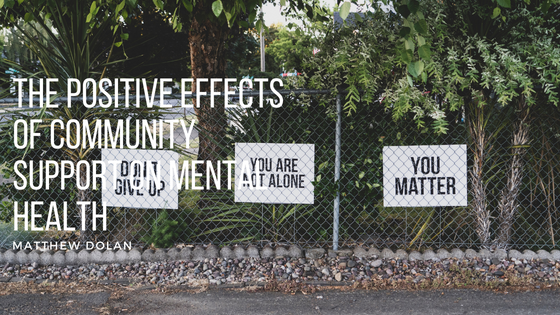Overlooked for far too long, mental health is finally being given the attention it deserves. As our approach to mental health has evolved, so too has our understanding of the importance of social support networks.
Let’s take a look at why these social support groups matter, and how they can help.
Why They Matter
Human beings are social creatures, and research has shown that social relationships can be a powerful motivator while confronting mental health issues. Family and friends can provide both an emotional cushion to help ease the pain of dealing with mental health problems and a strong foundation on which to build your recovery.
By contrast, a lack of social support groups for patients dealing with mental health issues have been found to increase the risk of:
- Depression
- Alcohol or drug use
- Feelings of isolation
- Self-harm
- Cardiovascular disease
- Suicide
If you have thoughts of suicide, there are suicide prevention hotlines that can help (800-273-8255 for the National Suicide Prevention Hotline in the US and the Canada Suicide Prevention Service at 833-456-4566, and 877-870-4673 for Samaritans in the UK).
How Social Support Helps
Support can take several forms, from giving advice to offering empathy to simply letting someone know they have somewhere to go if they’re in trouble. Social support can take several forms, including:
- Emotional support, which is just what it sounds like – providing a listening ear and a shoulder to cry on. This kind of support can help ensure those who feel particularly vulnerable, depressed, or in despair don’t feel like they’re alone or that they have to bear their anxiety and grief alone.
- Instrumental support, which can involve things such as offering meals, a ride, or other tangible forms of support.
- Informational support, which can involve mentoring someone or giving advice.
Social support can help in many ways, including:
- Fostering positive and healthy life choices (that is, choosing to give up addictions such as smoking)
- Providing positive motivation
- Providing gentle reminders so patients don’t lapse in their treatments
- Giving patients coping mechanisms for stressful situations
Taken together, different forms of social support can make a world of difference for patients battling myriad forms of mental illness.
